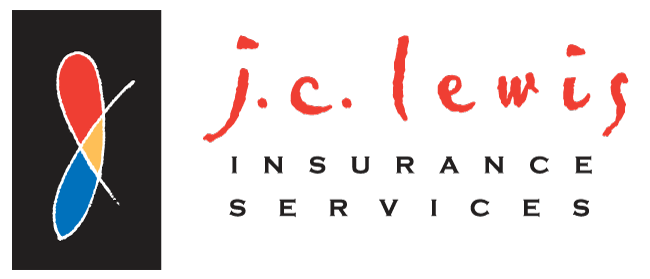Let’s assume that you’re a small business owner with less than 50 employees. You may already know that, by law, you are not required to purchase and offer group health insurance coverage to your workers.
But, because you’re both a smart and conscientious employer, you want to do the best you can for your people. And you know that providing quality, affordable health insurance is one of the best investments you can make in both your employees and in your business.
So, with so many companies, plans and options, how do you effectively get a small business health insurance quote?
Start With the End In Mind
Understanding group health insurance can be complicated and overwhelming, especially if you’re not in the industry. And, unfortunately, getting and evaluating health insurance quotes for your business can be challenging, especially if you’re a busy owner.
On the plus side, most insurance companies need only a limited amount of information from you to generate initial quotes, and everything can be done online or over the phone.
Before you make a request for a quote, however, you should be as clear as you can on what you need for your workforce in health care coverage. If, for example, most of your employees are younger and mostly in good health, offering a high deductible health plan combined with a Health Savings Account (HSA) can be a good option.
As an article at The Balance explains,
“A high deductible health plan (HDHP) is a type of health insurance with lower monthly premiums and a higher deductible. This plan can be a more affordable type of health insurance in terms of monthly premiums. But, as the name suggests, the deductibles are much higher than a traditional healthcare plan.”
Because the deductible can be a burden when employees actually need to use their health care plan, an HSA can be highly beneficial.
“To help offset the cost of an HDHP, you can open a health savings account (HSA). This type of account is only open to those enrolled in HDHPs and offers a tax-advantaged way to save for healthcare costs. While there are annual contribution limits, HSAs allow you to roll over your balance from year to year. You can also contribute to an HSA pre-tax, which is a big advantage.”
This is why you need to consider the overall health needs and ages of your employees. For example, health care usage often increases with age. If any of your employees are over 50 you want to be sure to offer a plan that has a higher premium but lower out-of-pocket costs.
While not always true for every business, older employers tend to be the higher paid employees, as well, which means that – in theory – they are more likely able to absorb the cost of higher monthly premiums.
Initial Steps for Getting a Health Insurance Quote
Asking friends and colleagues is always a good idea. Doing some research online can be helpful, but also overwhelming. However, you want to familiarize yourself with the different types of health care plans and some of the common terminology, as well.
Then, it’s time to request some quotes.
According to advice from the Houston Chronicle,
- Prepare your census. Health insurance carriers need a census, or list of employees, to generate quotes. The list does not need the personal information but should have each employee’s age, sex, home zip code and coverage request (single, husband and wife, parent and child or family).
- Be familiar with common plans. You should be familiar with the basic differences between the most common types of group health insurance plans. HMOs and PPOs are the two most popular types of group health insurance in the U.S. and are relatively easy to understand.
- Contact health insurance carriers. Call or email the customer service departments at every major group health insurance provider in your state. Request quotes for several plan designs then review them at your convenience prior to discussing your situation with a representative.
- Evaluate the quotes. Examine them thoroughly and make a note of any significant differences in price or availability of coverage. Once you’re ready, contact the insurance carriers to discuss your options in more detail.
Getting Professional Help for Your Small Business Health Insurance Needs
As a small business owner, you understand the wisdom and value of the services of industry experts. It’s no different when it comes to small business health insurance.
As a family-owned and operated California health insurance agent licensed to do business in California, we specialize in medical insurance plans for small businesses, as well as for individuals and families, and people with Medicare.
At J.C. Lewis Insurance Services, we can tailor our recommendations to your particular needs since we are licensed with most major carriers in California. You save time and money, and we can quickly define your particular needs and recommend the best products and prices to meet those needs.

